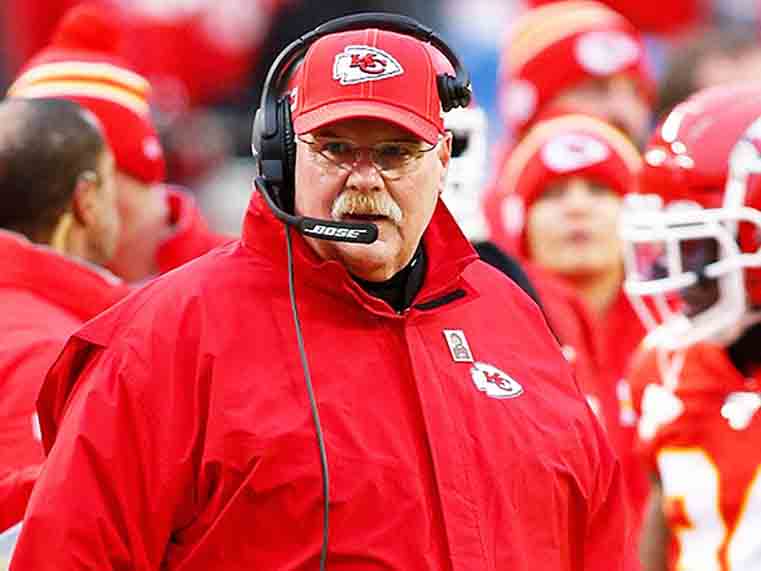
Race and Opportunity: The Disparity Faced by Minority Coaches in the NFL
In the world of professional football, where talent and strategy shape the game, an undeniable disparity persists in the coaching ranks, particularly when it comes to minority coaches. Despite the increasing diversity of players on the field, the upper echelons of coaching staff remain disproportionately white. According to studies, minority coaches often face systemic barriers that hinder their access to prominent coaching opportunities. These barriers include a lack of networking opportunities, fewer roles in the league that lead to head coaching positions, and sometimes an implicit bias that questions their capabilities based solely on race. The result is a scenario that not only limits the representation of minority voices within the NFL but also deprives the league of potentially excellent coaching talent.
The consequences of this disparity are far-reaching, affecting team dynamics and the overall ideology within the sport. A diverse coaching staff can bring a variety of perspectives and experiences that enrich team strategies and foster a more inclusive culture. Yet, many organizations continue to focus on traditional hiring patterns, often prioritizing a “proven track record” over the opportunity to innovate through diverse leadership. This approach perpetuates a cycle in which minority coaches struggle to secure head coaching positions due to limited visibility and hiring biases. To address this issue, the NFL must reflect on its hiring practices, emphasizing the importance of creating equitable opportunities for all potential coaches. Only then can it lead the way in changing the narrative about race and opportunity within its ranks.
The Quality Conundrum: Evaluating Coaching Performance versus Racial Bias in Selections
The recent discussions surrounding NFL coaching decisions have revealed a complex interplay between perceived quality of coaching performance and the impact of racial biases in the hiring process. Evaluating a coach’s effectiveness can often depend on subjective metrics, creating a challenging landscape where different stakeholders may prioritize different outcomes. Critics argue that while win-loss records and playoff appearances are quantifiable achievements, there are deeper, qualitative factors that define a coach’s success and should contribute to hiring decisions. These may include:
- Player Development: A coach’s ability to nurture talent, particularly from marginalized communities, can enhance team dynamics and overall performance.
- Leadership and Culture Building: Strong coaching transcends strategy; it involves creating an inclusive atmosphere where all players thrive.
- Adaptability: The capacity to evolve with the game and effectively adjust to diverse challenges can distinguish great coaches from mediocre ones.
Simultaneously, the shadow of racial bias looms large over the NFL’s hiring practices. The absence of minority coaches in head positions starkly contrasts with the demographic makeup of players, raising questions about systemic inequalities that need to be addressed. Data supports the notion that minority candidates frequently face steeper hurdles in obtaining head coach roles, often being judged against standards that other candidates may bypass. In evaluating the hiring landscape, it becomes crucial to consider:
- Hiring Patterns: Analysis of recent coaching hires reveals significant demographic disparities that cannot be dismissed.
- Opportunities for Advancement: Understanding the pipelines that lead to coaching positions highlights where inequities arise.
- Institutional Accountability: Engaging NFL leadership in meaningful dialogue around diversity and equity can push the conversation forward.

Pathways to Change: Recommendations for Inclusive Hiring Practices in the NFL
To foster a more equitable hiring landscape within the NFL, organizations must embrace a comprehensive strategy that prioritizes inclusivity at every level. First and foremost, team executives should implement blind recruitment processes which remove identifiable information about a candidate’s race and background from initial applications. This approach could prevent unconscious biases from influencing hiring decisions, allowing candidates to be evaluated solely on their qualifications and past performances. Additionally, establishing a diverse hiring committee for coaching positions would bring varied perspectives to the selection process, helping ensure that all talent is recognized and considered fairly.
Moreover, ongoing training programs aimed at reducing biases and creating cultural competence among decision-makers can be instrumental in shifting mindsets within NFL teams. Creating mentorship programs that pair experienced coaches with diverse up-and-coming talent can also facilitate the development of a more inclusive coaching pipeline. Lastly, it is crucial for the NFL league office to maintain an active role in monitoring hiring practices across franchises, establishing accountability measures and incentivizing teams to prioritize diversity in staffing decisions. By collectively committing to these practices, the NFL can pave the way for a more equitable future, where coaching talent is valued above racial and ethnic backgrounds.
By: bavarianfootballworks.com, poundingtherock.com, bloggingtheboys.com, tomahawknation.com, burntorangenation.com, slcdunk.com, arrowheadpride.com, buffalorumblings.com, cincyjungle.com, pensburgh.com, rollbamaroll.com, celticsblog.com, windycitygridiron.com, bigblueview.com, bulletsforever.com, pinstripealley.com, thechampaignroom.com, goldenstateofmind.com, postingandtoasting.com, acmepackingcompany.com, mavsmoneyball.com, milehighreport.com, silverandblackpride.com, rockmnation.com, buckys5thquarter.com, canishoopus.com, baltimorebeatdown.com, behindthesteelcurtain.com, fieldgulls.com, patspulpit.com, starsandstripesfc.com, badlefthook.com, truebluela.com, brewhoop.com, bleedcubbieblue.com, libertyballers.com, maizenbrew.com, dawgsbynature.com, ganggreennation.com, stampedeblue.com.